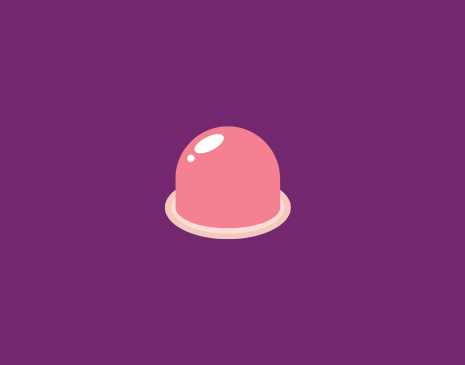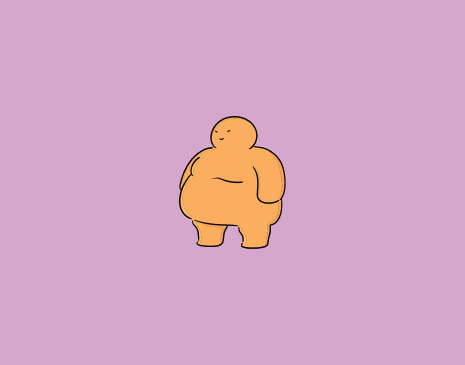Of all the magnificent things the female body is designed to do, childbirth gains a top place on the podium. During the course of a pregnancy, the female body undergoes a major transformation as the stomach expands to allow space for the foetus to grow before entering the world via the vagina. Giving life to a new-born human can be extremely taxing on a new mother’s body. As resilient as the female body is, it’s common for women to experience vagina changes for weeks, even months, post childbirth. Here are just five of the ways the vagina may change after childbirth.
*The information in this article is related to vaginal births only*
5 Ways your vagina may change after pregnancy
Your vagina may be drier than normal
When you’re pregnant, the hormones oestrogen and progesterone become elevated. Increased levels of oestrogen enable the uterus and placenta to form blood vessels, transfer nutrients, and support the baby’s development. Progesterone helps to increase the size of the uterus to accommodate a full-term baby. Once you’ve birthed, these hormones plummet, returning to their pre-pregnancy levels within 24-hours and causing almost immediate vaginal dryness.
Your perineum may tear, and this will be painful
The perineum is the delicate area between your vagina and anus. While it’s not technically a part of the vagina, more than 85% of women who undergo a vaginal birth will suffer from some degree of perineal tear. When you consider the feat of pushing a tiny human through an even tinier hole, the concept of perineal tears makes complete sense, albeit it extremely painful in many cases.
There are four classifications of perineal tears, with each degree increasing in severity.
- First degree tears affect the skin around the vaginal opening or the perineal skin.
- Second-degree tears involve damage to the perineal muscles.
- Third-degree tears affect the perineal muscles and muscles surrounding the anus.
- Fourth-degree tears affect the perineal muscles, muscles around the anus, and tissues lining the rectum.
- Depending on the severity, perineal tears may require stitches, surgery, and plenty of time to heal.
Your vaginal discharge will be heavy
After you’ve given birth your uterus will expel excess blood, mucus, uterine lining, and white blood cells. Medically known as lochia, this post-partum vaginal bleeding will be heavier than your normal period and last for four to six weeks after childbirth. It’s normal for lochia to initially be an intense red colour before gradually lightening to pink or brown, and then yellow or cream. While passing lochia, you may also notice a stale, musty odour. This is completely natural. To combat lochia, stock up on incontinence or pregnancy pads from your local pharmacy or opt for super absorbent period underwear.
You may pee yourself
Stress urinary incontinence (SUI) is involuntary leakage when coughing, sneezing, laughing, or doing anything that increases the pressure in the stomach. Occurring when the muscles that support the urethra and bladder are weakened, stress urinary incontinence makes it difficult for you to contract normally to control the flow of urine. This is likely to happen during pregnancy when there’s extra weight on the uterus. Pushing during childbirth can further weaken the pelvic floor, and that is why you may find yourself unconsciously peeing amidst a fit of laughter, or mid-sneeze. Don’t worry, though, pregnancy related urinary incontinence will improve over time. If you want to speed up the process, try Kegel exercises to strengthen your pelvic floor.
Your vagina may widen
The vagina is a highly adaptable body part designed to stretch and return to its normal size. This is evident when sexually penetrated by a penis or inserting a tampon. But does pushing a melon-sized human through the vagina exceed the limits of female anatomy? For most women, only temporarily. The vagina will experience some swelling and pain post childbirth, however the vagina should return to its former size for most women. Occasionally a larger sized baby or multiple vaginal deliveries over time can decrease the likelihood of the vagina returning to its former size.
Sources:
How Your Body Changes During Pregnancy: Hormones, Breasts & More (healthline.com)
Postpartum Vaginal Dryness: Causes, Risks, and Prevention (healthline.com)
RACGP – Perineal tears A review
Postpartum Bleeding (Lochia): Is It Normal, What to Do, and More (healthline.com)













